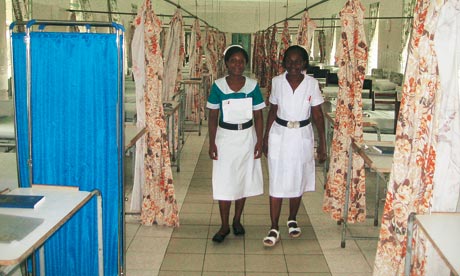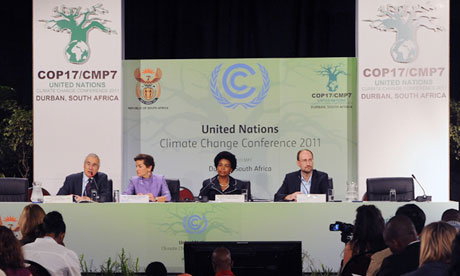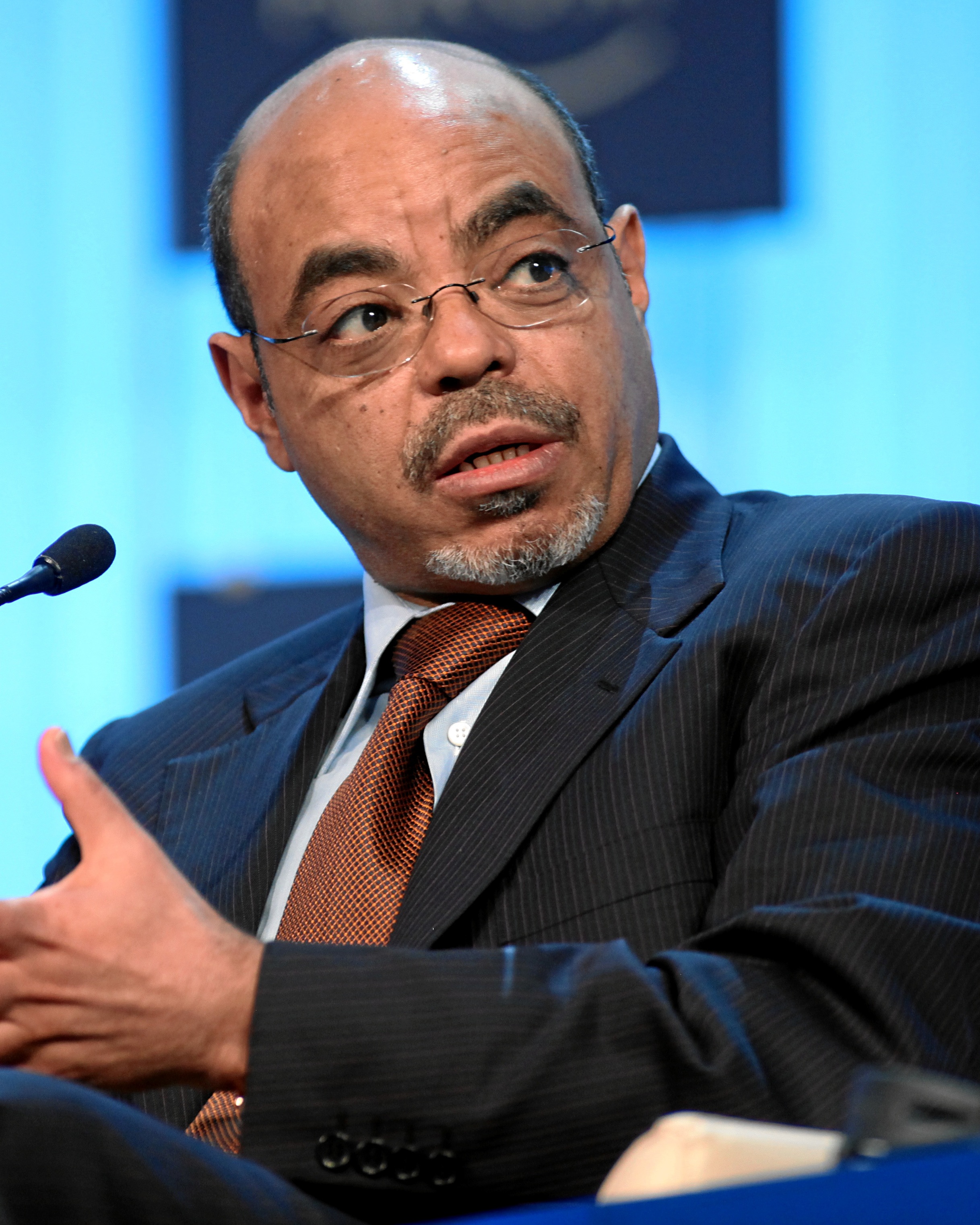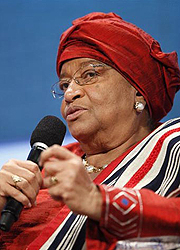On March
6, Ghana, the first African nation to shake itself out of the shackles of
colonial rule will mark its 55th independence from Britain. The country recorded one of the highest
growth rates in Africa in 2011. The growth of the economy is spurred by the
extractive and service sectors.
Oil
production started late 2010 along the country’s Western seaboard near the
port city of Takoradi. Public expectations are high and there is also unease
that the oil resources maybe misapplied.
Inflation has been falling steadily in the last decade but this is meaningless to the ordinary Ghanaian as the price of basic commodities and services continue to rise far above income levels. In fact, incomes have stagnated or shrunk altogether.
Inflation has been falling steadily in the last decade but this is meaningless to the ordinary Ghanaian as the price of basic commodities and services continue to rise far above income levels. In fact, incomes have stagnated or shrunk altogether.
There is
a growing pool of young unemployed. Unemployed university graduates recently
formed an association to articulate more coherently the concerns of young
people in public policy making spheres and for more jobs.
Benefits
of the extractive sector to the larger economy remain marginal at best in spite
of the soaring gold and mineral prices. The country is Africa’s second major
gold exporter, coming after South Africa. A fifth of Ghana’s landmass is under
mineral concessions. Government has announced imposition of higher corporate
tax (from 25% to 35%) and a 10% windfall profit tax on mining companies to
improve beneficiation to the country.
The stakes
are high this year. In December, the country heads to the polls to elect
president and parliamentarians.
The economy, mismanagement of the public purse and poor delivery of social services will dominate discussions. The shrinking manufacturing and agric sectors cannot escape the attention of those vying for the mandate of Ghanaians as these two sectors serve as the source of livelihood for two-thirds of the population.
The national currency is on the decline and a rise in the base rate by the central bank, Bank of Ghana, from 12.5 to 13.5 per cent has sent shivers down the spine of manufacturers as the cost of borrowing and running of their businesses will inevitably balloon.
The economy, mismanagement of the public purse and poor delivery of social services will dominate discussions. The shrinking manufacturing and agric sectors cannot escape the attention of those vying for the mandate of Ghanaians as these two sectors serve as the source of livelihood for two-thirds of the population.
The national currency is on the decline and a rise in the base rate by the central bank, Bank of Ghana, from 12.5 to 13.5 per cent has sent shivers down the spine of manufacturers as the cost of borrowing and running of their businesses will inevitably balloon.
The
supply of basic utilities such as water and electricity are erratic. Public
health infrastructure and schools are under severe strain. Public schools
especially in rural and peri-urban areas are scoring lowest in exams, thus
churning more school drop outs. The National Health Insurance Scheme is bedeviled
with inefficiencies and blatant abuse.
A quote
from H. Kwasi Prempeh in the book “Ghana, Governance in the 4th
Republic” and edited by Baffour Agyeman Duah makes an interesting read:
“To borrow Albert Hirschman’s typology, the reaction of the influential Ghanaian to a public problem is not to have recourse to more ‘voice’ (i.e. push for a more public solution); it is to ‘exit’ from the public condition altogether (i.e. resort to a private solution) thereby allowing the problem to fester.
The low
and unorganized civic engagement and activism particularly on the part of
Ghana’s influential professional class is to find his or her own private
solution to a public problem. The instinctive and common sense Ghanaian response
to a deterioration in the supply of quality of public goods is evidenced by the
following:
- To deteriorating public schools, the professional Ghanaian sends his/her children to private schools;
- To a crisis in public health facilities, he/she switches to private hospitals;
- To an unreliable supply of public electricity, the professional Ghanaian installs s private electrical generator;
- To growing urban crime, the response is to hire private security services or get behind gated private neighbourhoods;
- To impassable or potholed roads, the private solution is to drive in 4x4s;
- Finally, to get through the corrupt bureaucracy, the Ghanaian professional uses his/her private connection and payoffs”.








